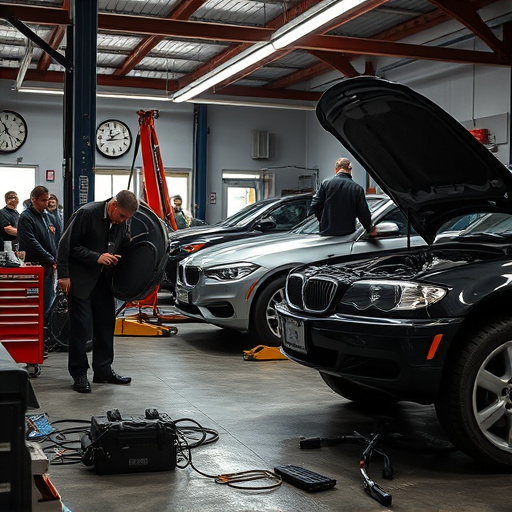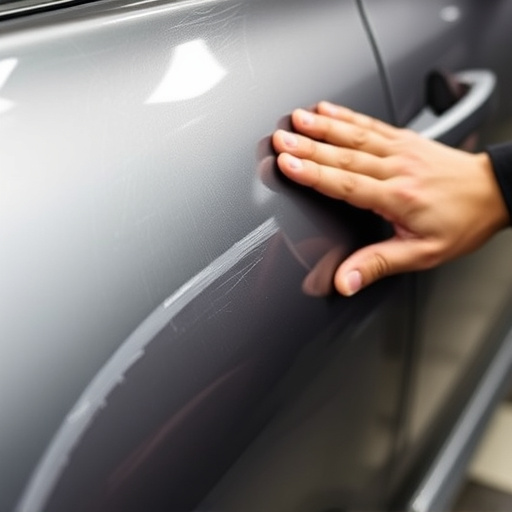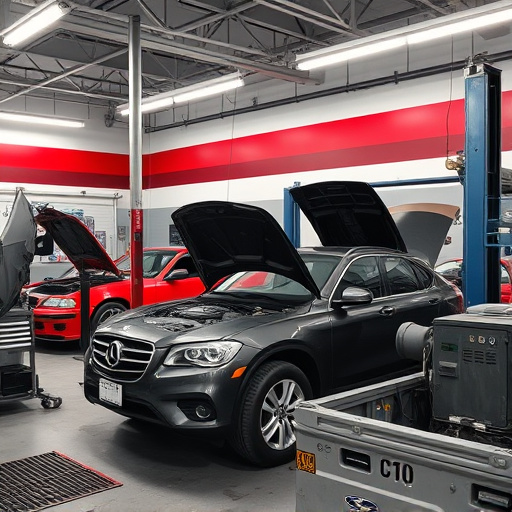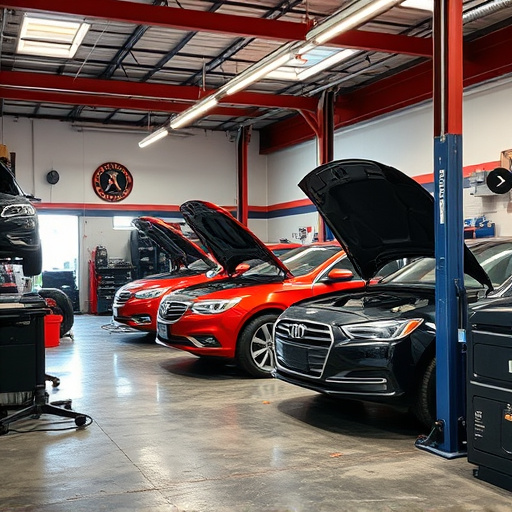Post-repair road testing ensures vehicle safety and quality after repairs. Rigorous test drives verify repair work, identify missed issues, and assess all systems. Training auto repair staff on diverse scenarios builds trust, prevents future problems, and enhances customer satisfaction. Monitoring test results helps uncover subtle issues, maintaining high restoration standards.
Training staff on post-repair road testing protocols is essential for ensuring vehicle quality and safety. This comprehensive guide delves into the critical aspects of post-repair road testing, starting with understanding the protocols’ significance and scope. It then explores strategies to prepare staff for thorough testing, including practical tips and best practices. Finally, it details effective implementation and monitoring of test procedures, empowering teams to maintain high standards in the post-repair process.
- Understanding Post-Repair Road Testing Protocols
- Preparing Staff for Comprehensive Testing
- Implementing and Monitoring Test Procedures Effectively
Understanding Post-Repair Road Testing Protocols
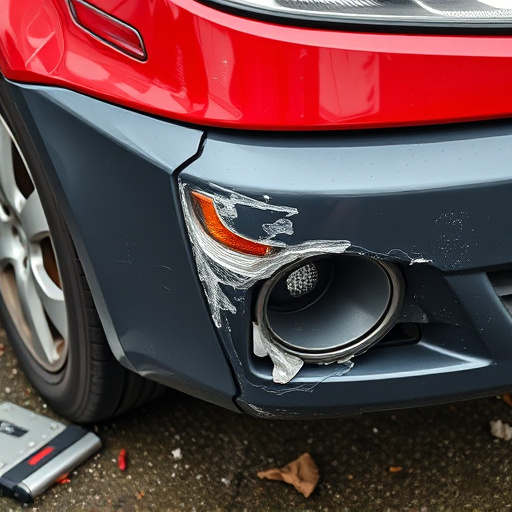
Post-repair road testing is a crucial step in ensuring that vehicles, after undergoing auto repair services like car scratch repair or car dent repair near me, are safe to be back on the road. These protocols are designed to verify the effectiveness of the repair work and identify any potential issues that might have been overlooked during the initial repair process. It involves taking the vehicle for a test drive under various driving conditions, including city streets, highways, and uneven terrain. This comprehensive approach helps in determining if all systems are functioning optimally, from brakes and steering to lights and signal indicators.
Understanding post-repair road testing protocols is essential for staff training as it empowers them to conduct thorough assessments and ensure customer satisfaction. By adhering to these protocols, auto repair shops can maintain high standards of workmanship, build trust with their customers, and potentially prevent future issues that could arise from substandard repairs. This process not only safeguards the vehicle’s performance but also reinforces the shop’s reputation as a reliable auto repair service provider.
Preparing Staff for Comprehensive Testing
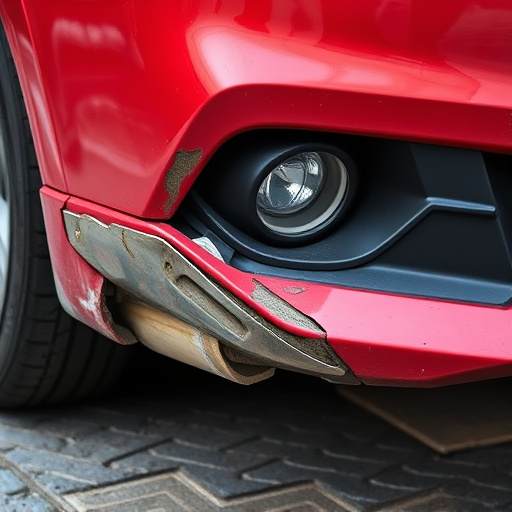
Preparing staff for comprehensive post-repair road testing is a critical step in ensuring the highest quality standards in auto repair services. It involves equipping them with the knowledge and skills to conduct thorough inspections, identify potential issues, and perform dynamic assessments on vehicles after collision repairs or dent removals. Training sessions should cover various scenarios, from checking alignment and paint integrity to evaluating suspension systems and brakes.
At the core of this preparation is teaching staff about the intricacies of Mercedes-Benz collision repair processes, as these vehicles often present unique challenges due to their sophisticated engineering. By familiarizing them with the specificities of dent removal techniques and advanced body shop procedures, technicians can better assess the effectiveness of repairs. This holistic approach ensures that every staff member is ready to contribute to delivering exceptional results, satisfying customers’ expectations for flawless post-repair road testing.
Implementing and Monitoring Test Procedures Effectively
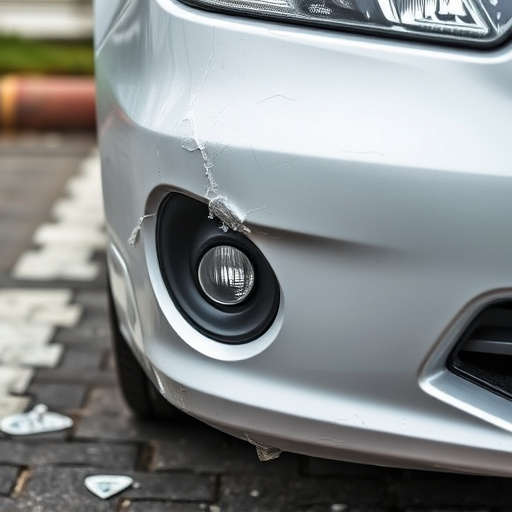
Implementing and monitoring post-repair road testing procedures is a vital step in ensuring top-quality vehicle restoration. After completing repairs, whether it’s a simple fender repair or a complex luxury vehicle repair, staff should be well-versed in executing comprehensive road tests. These tests go beyond basic functionality checks; they evaluate the vehicle’s performance under various driving conditions. By establishing clear protocols and providing adequate training, you empower your team to identify even subtle issues that may have been overlooked during the initial repair process.
Effective monitoring involves regular reviews of test results, identifying trends, and making data-driven adjustments to the testing procedures. This ensures that the road tests remain relevant and effective in uncovering potential problems. Whether it’s a rattling sound, unusual tire wear patterns, or faulty lighting, prompt attention to these findings is crucial for customer satisfaction and maintaining high standards in vehicle restoration services.
Training staff on thorough post-repair road testing protocols is a game-changer in ensuring vehicle quality. By understanding, preparing, and implementing these procedures effectively, your team can deliver reliable results. These protocols are essential for maintaining high standards and customer satisfaction. Remember, competent staff equipped with the right knowledge are key to successful post-repair road testing.


